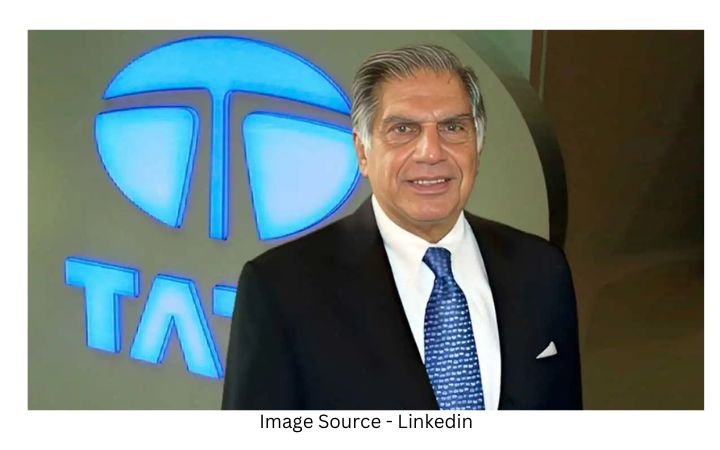Ratan Tata: A Visionary Leader and Philanthropist
Early Life and Education
Ratan Tata, born on December 28, 1937, in Bombay (now Mumbai), India, and passing away on October 9, 2024, was an iconic Indian businessman and the chairman of the Tata Group from 1991 to 2012, then from 2016 to 2017 for a brief period. Renowned for his leadership and philanthropy, Tata left a lasting impact on India’s business landscape and the lives of millions. His ethical leadership and visionary strategies helped transform the Tata Group into a global powerhouse.

Family Background and Childhood
Ratan Naval Tata was born into the illustrious Tata family, which played a pioneering role in shaping India’s industrial sector. His grandfather, Jamsetji Tata, laid the foundation of the Tata Group in 1868, and Ratan Tata’s uncle, J.R.D. Tata expanded the business significantly. His grandmother raised Ratan after his parents separated when he was just 10 years old.
Educational Pursuits
He completed his schooling in Mumbai before moving to New York City, where he graduated from Cornell University with a degree in architecture in 1962. He later attended Harvard Business School’s advanced management program in 1975, which shaped his future leadership approach.
Rise in Tata Group
Early Career at Tata Sons
Tata joined Tata Sons in 1962, gaining valuable hands-on experience working in various divisions. His early leadership positions were challenging, particularly at National Radio and Electronics Co. (NELCO) and Empress Mills, both struggling businesses. Despite setbacks, Tata’s perseverance eventually led to his appointment as chairman of Tata Sons in 1991, succeeding his uncle, J.R.D. Tata.
Leadership and Global Expansion
The Liberalization Era and Global Footprint
Ratan Tata’s tenure came during a crucial period of economic liberalization in India. He focused on consolidating power within the group and setting a clear vision for global expansion. Under his leadership, Tata Group acquired several high-profile international companies, including London-based Tetley Tea, South Korea’s Daewoo Motors, the Anglo-Dutch Corus Group, and the iconic British brands Jaguar and Land Rover. These acquisitions expanded Tata Group’s global footprint and marked India’s growing economic influence on the world stage.
Innovative Projects
Tata was also responsible for launching the Tata Nano in 2008, aimed at providing an affordable car for the masses. Despite initial enthusiasm, the project did not meet its commercial goals.
Philanthropy and Public Service
Commitment to Social Causes
Tata was widely admired for his philanthropic work, particularly through the Tata Trusts, which channeled over half of the company’s profits into charitable initiatives. He was deeply committed to improving education, healthcare, and rural development in India. Among his many contributions, Tata helped fund cancer care hospitals, research centers, and technology solutions for low-income communities.
Global Contributions
Internationally, his donations helped establish research and educational facilities at institutions such as Cornell University, the University of California, San Diego, and Harvard Business School.
Honors and Legacy
National and International Recognition
Ratan Tata was the recipient of numerous prestigious awards, including India’s Padma Bhushan in 2000 and Padma Vibhushan in 2008. He was also honored internationally, receiving the Honorary Knight Grand Cross of the Order of the British Empire (GBE) in 2014 and the Grand Cordon of the Order of the Rising Sun from Japan in 2012. His influence extended beyond business, contributing significantly to India’s social and economic development.
Personal Life and Love for Animals
A Humble and Compassionate Life
Tata’s personal life reflected his humility and compassion. He was known for his love of dogs and was a strong advocate for animal welfare. His final project was an animal hospital in Mumbai, demonstrating his lifelong commitment to improving the lives of animals.
Final Years and Passing
End of an Era
On October 9, 2024, Ratan Tata departed from this life following a brief stay in the hospital due to age-related illnesses. His death marked the end of an era for one of India’s most beloved industrialists and philanthropists, but his legacy of ethical leadership, compassion, and innovation continues to inspire.









